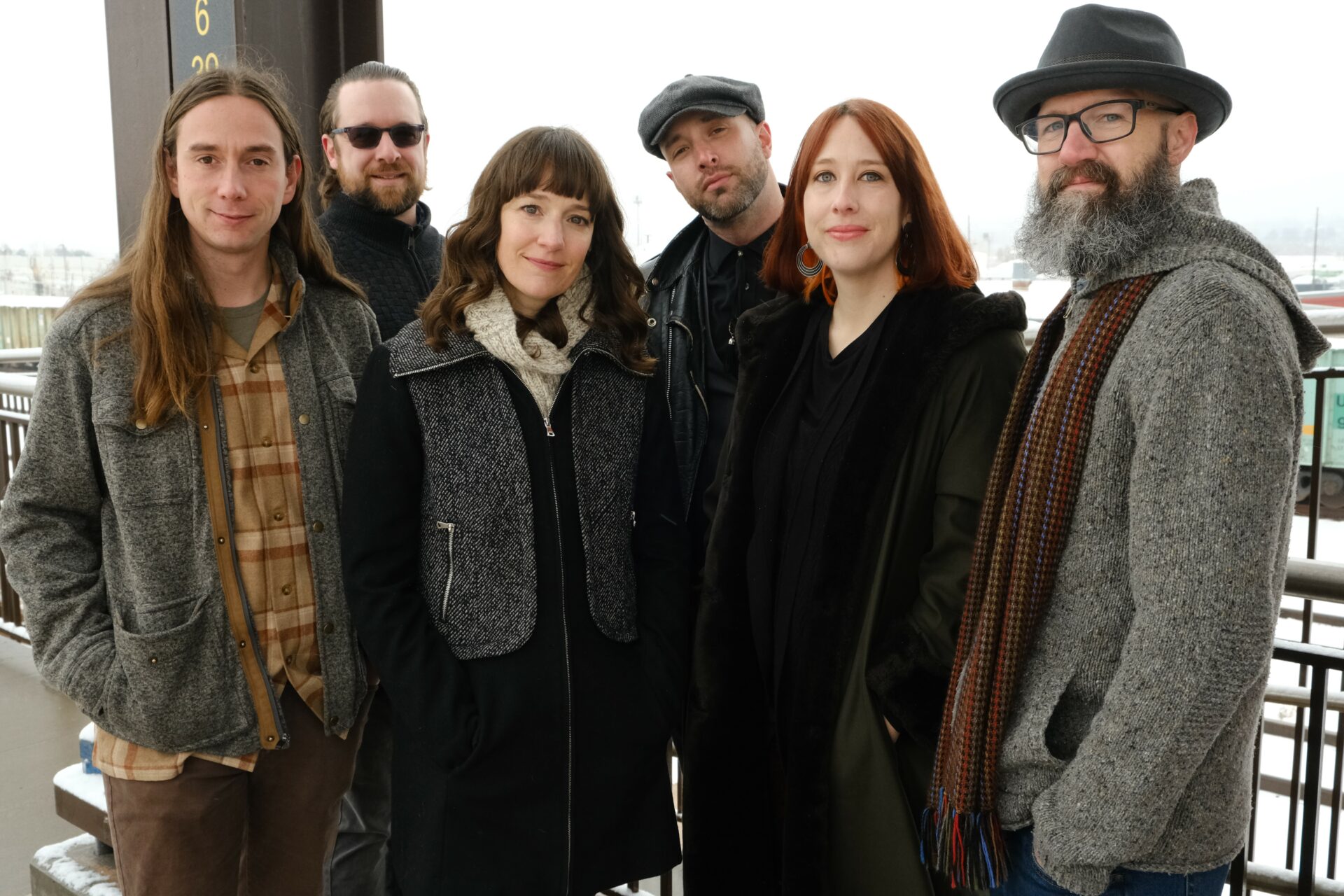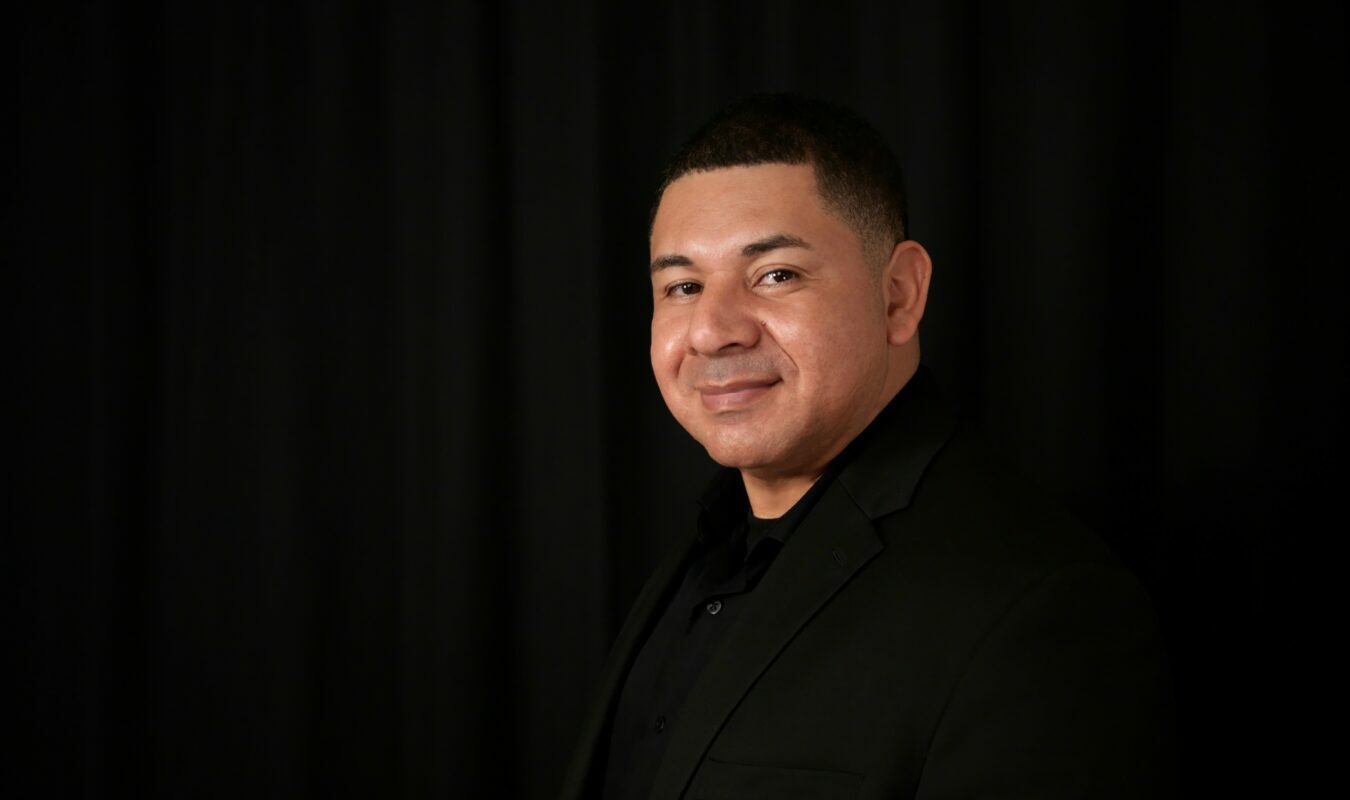Alright – so today we’ve got the honor of introducing you to Deva Yoder. We think you’ll enjoy our conversation, we’ve shared it below.
Hi Deva, thank you so much for opening up with us about some important, but sometimes personal topics. One that really matters to us is overcoming Imposter Syndrome because we’ve seen how so many people are held back in life because of this and so we’d really appreciate hearing about how you overcame Imposter Syndrome.
I believe Amanda Palmer calls it “The Fraud Police.” Knowing that different people have different names for this same feeling is helpful, because that tells me it’s universal. Dwelling too much on feeling like an imposter is a problem of the ego, and the ego has no place in authentic work. When you start to recognize the urges in you to create something and you obey them, then the feeling of being an imposter flies out the window. You get in the flow, and as Julia Cameron calls it, you obey your “Marching Orders.” Elizabeth Gilbert talks about listening to “the Genius, or Genie in the corner.” When it feels like you are interpreting something divine, how could anyone feel like an imposter?
Let’s take a small detour – maybe you can share a bit about yourself before we dive back into some of the other questions we had for you?
I put out an album independently with my band back in March called Be Well. My husband and I produced it and our friend, Mike Flack, engineered it. I love the range of the album; it’s Americana, a little throwback rock and psychedelic, even a little alt-country and has a spiritual undertone on some tracks. I perform almost daily for the elderly, and play my own shows about once a month or so. I’m still focused on raising my kids, so I don’t tour. Denver is big enough to sustain me doing music for a living.
There is so much advice out there about all the different skills and qualities folks need to develop in order to succeed in today’s highly competitive environment and often it can feel overwhelming. So, if we had to break it down to just the three that matter most, which three skills or qualities would you focus on?
Learning how to power through mistakes while playing live was a learning curve. Usually people don’t even notice them, and I had to learn how to not draw attention to them by apologizing or making an embarrassed face. If the mistakes are big and obvious, just laugh it off. Most audiences are more forgiving than you realize. It’s rare to find genuinely mean people in an audience who really want to cut you down, most audiences want to be encouraging. If you do find someone who is genuinely mean, it’s pretty obvious that they have bigger problems and are taking out frustration on you, so it’s not really your problem.
Okay, so before we go we always love to ask if you are looking for folks to partner or collaborate with?
For my next project, I’d like to find a really great producer. My email is easy to find.
Contact Info:
- Website: https://devayoder.com
- Instagram: https://www.instagram.com/deva_yoder/
- Facebook: https://www.facebook.com/devayodermusic/
- Youtube: https://www.youtube.com/channel/UCB0KbHjJKRyE06aTgnjHwcA
- SoundCloud: https://soundcloud.com/deva-yoder








Image Credits
photos by Kari Cummings, Seth Adam and Amy K Wright




